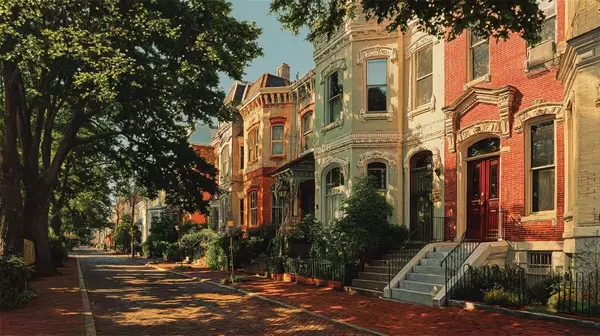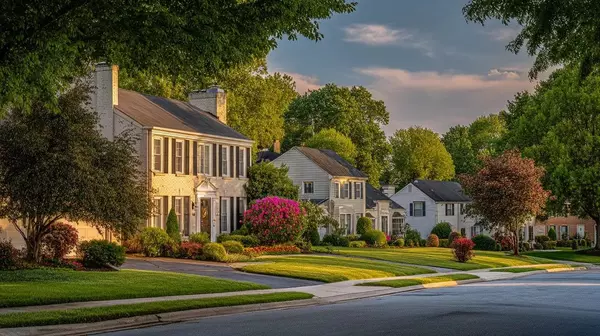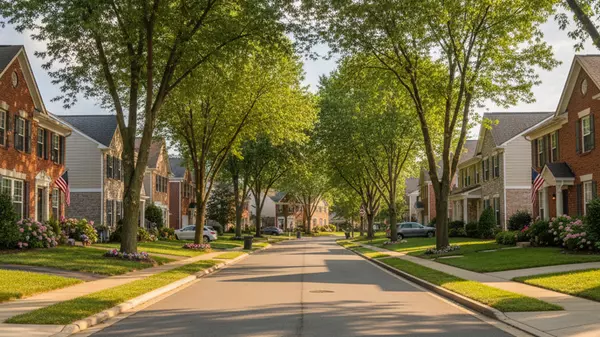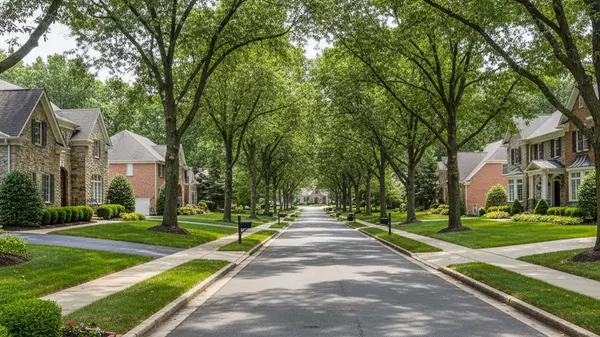
Best Neighborhoods in Owings Mills, MD
Owings Mills folds together leafy suburbs, new mixed-use corners, and pockets of countryside in a way that makes it easy to picture settling in. Whether you’re hunting for starter townhomes, an upscale single-family lot, or a quieter stretch with walking paths, Owings Mills offers a range of neig

Best Things To Do In Owings Mills, MD
Owings Mills blends suburban ease with just enough bustle and green space, the kind of balance that makes people start browsing homes for sale in Owings Mills. Spend a morning on wooded trails, drift over to Metro Centre or Mill Station for mixed-use shopping in the afternoon, then wrap up with l
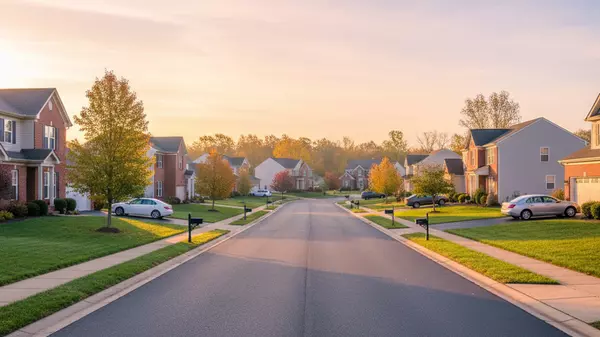
Cost of Living In Owings Mills, MD
Owings Mills is one of those Baltimore County suburbs where you can find a balance between convenience and space. People often compare it with other spots in the Baltimore-Columbia-Towson metro when they’re trying to figure out housing costs, commute times, and everyday expenses. If you’re consid
Categories
Recent Posts






